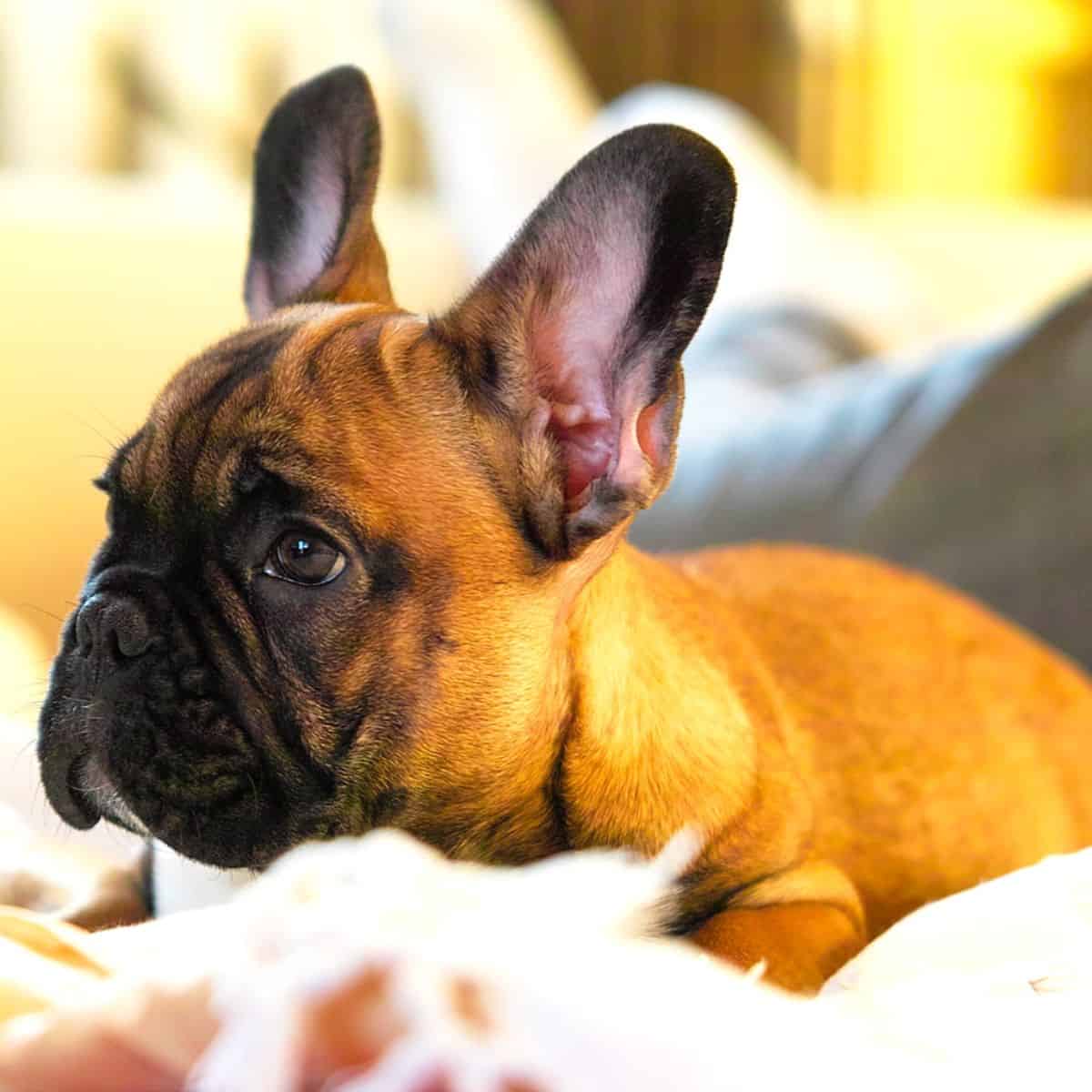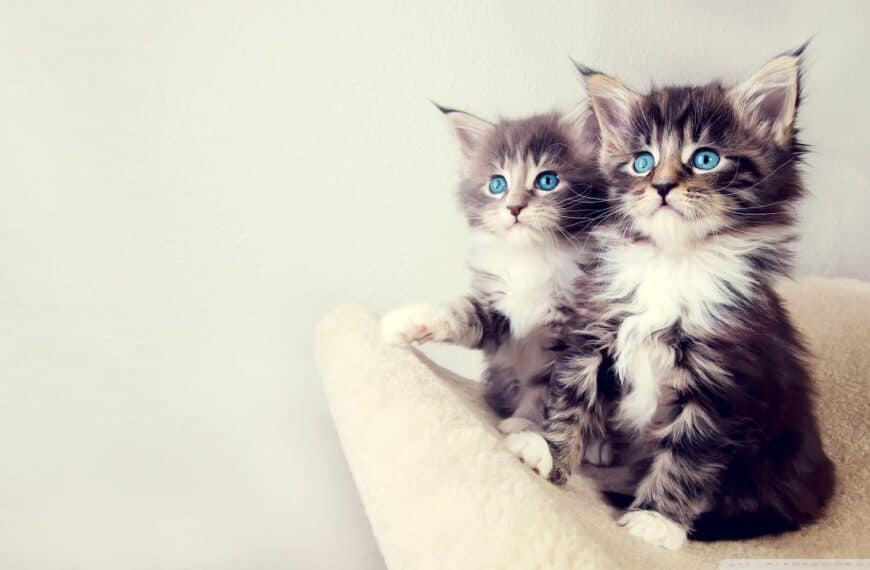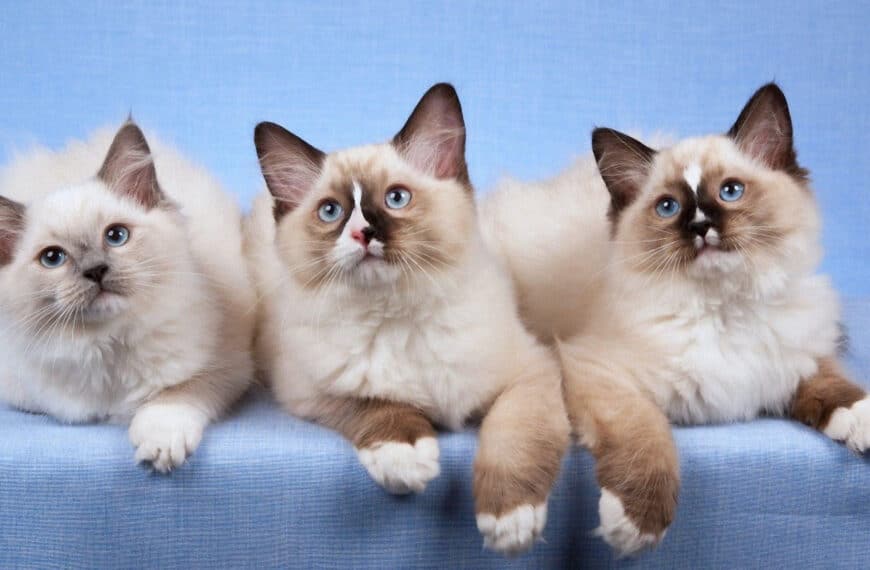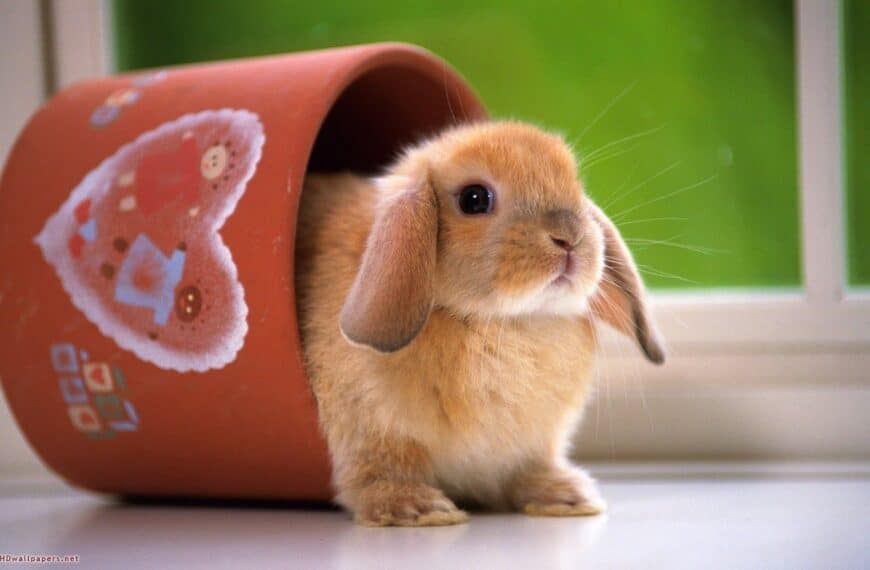
Birds and Parrots
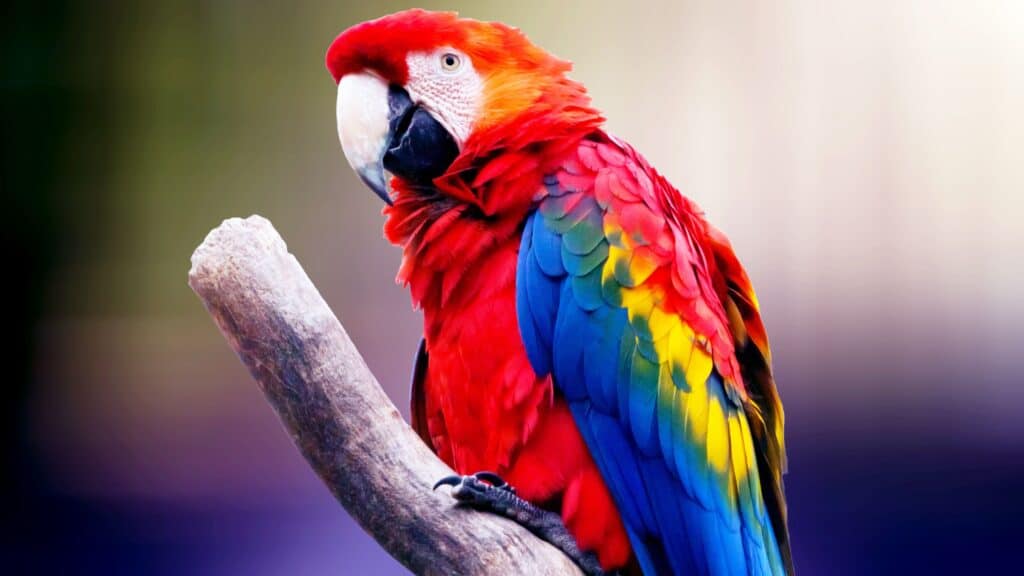
Looking for birds and parrots for sale? Read this first!
You’re so excited to get a pet bird or parrot that you’ve already decided on a name and studied your favourite species – be sure to browse our dedicated category to find Birds and Parrots for sale!
While you may believe you are ready to leap into the world of bird ownership, there are many facets of caring for a bird that some people don’t discover until after they have brought their bird home. Bird ownership is frequently more of a lifestyle shift than people anticipated. Here are ten pointers on how to properly care for a bird on a daily basis.
Remove Dangerous Cookware
Pet birds and parrots can die from Teflon or nonstick cookware. When heated, the coating emits a deadly, odourless fume that may kill a bird in minutes. This is more likely when the cookware is cooked to a high temperature, but any amount of cooking is not worth the risk to your bird’s safety. If you want to introduce a bird into your home, get rid of any potentially dangerous kitchenware and replace it with stainless steel or another bird-safe material.
Candles and air fresheners should be phased out.
Scent candles, oils, air fresheners, cleaning supplies, and other chemical goods, such cookware fumes, can all be harmful to your pet’s health. Chemicals and fumes irritate the respiratory systems of birds, which are particularly sensitive. Depending on the quantity and material ingested, this can result in abrupt death. It may also result in long-term health problems. Consult your veterinarian about safe cleaning supplies, and if feasible, freshen your environment with fresh outdoor air.
Never smoke inside your home.
Cigarette smoke is just as dangerous — if not worse — for your bird as it is for you. If you must use tobacco products, do it outside, away from any open windows. If you’ve recently smoked, remember to wash your hands before touching your bird. Also, keep in mind that the lingering aroma on your clothing and other items in your home can be harmful to your bird’s health.
Prepare to Get Up Early
Birds and parrots will wake up with the sun if their cage is not covered with a light-blocking material. Even if you cover them, they will normally wake up once they hear noises, especially if they are outside. They are eager to begin their days as soon as possible, and they will expect you to do the same. So plan on changing your sleep routine to accommodate your feathered companion. Soon after waking, your bird will require fresh food and drink, as well as some play and socialising.
Pet Topics & Listings
Purchase a good vacuum.
Birds and parrots are very dirty. Because of their size, large birds tend to produce the biggest mess, but even small birds can scatter food and feathers far and wide. To keep up with the steady flow of dirt that will accumulate around your pet’s cage, you will most likely need to sweep or vacuum every day. A excellent vacuum cleaner that can pick up food crumbs and feathers will make your life much easier. Additionally, ensure that you have the time and ability to complete this task.
Toxic Houseplants Must Be Removed.
Many common houseplants are poisonous to birds and parrots, causing everything from minor illness to death. Amaryllis blooms, lilies, philodendrons, and shamrocks are among these plants. Don’t assume that just because your bird doesn’t seem interested in plants right now that it won’t investigate them later. Place these plants in locations where your bird will never be. Choose bird-friendly plants in the future, such as the spider plant or African violet.
Keep an eye on your attire around birds and parrots!
Even when they’re part of your clothing, birds are naturally drawn to flashy objects. To protect yourself, your pet, and your clothing, remove any jewellery and any clothing with sequins or other shiny characteristics before handling your bird. Also, especially with chewing birds, keep an eye on your buttons. Remove any temptation for your bird to chew something they shouldn’t, as some of these items might be harmful to their health.
Prepare to put in a lot of time and effort.
If you buy a tame bird, you can be sure that a lot of time and work went into moulding its personality. You must handle and interact with your bird on a daily basis to keep the rewards of your labour, or to tame an unsocialized bird. To sustain their mental and physical health, some birds require several hours of daily contact with people. Apart from that, cage cleaning and providing a nutritious diet of fresh meals each day take time and effort.
More Pet Topics
Expect a ruckus from birds and parrots.
Some birds can communicate. They can all, however, chirp, cackle, shriek, and coo, among other sounds. Birds create a wide range of sounds during their waking hours, and there’s usually no way to force them to stop if they don’t want to. Large birds can create the loudest vocalisations, although even little birds can chatter continuously. So, if you want a bird, you’ll have to put up with the noise.
Don’t Expect Your Pet to Be a Social Butterfly
Although birds are flock creatures, this does not mean they love everyone. While some species are more prone to becoming “one-person birds,” it can happen to any bird, especially if it is only cared for by one person. If you desire a bird for your family, it’s critical that everyone helps to care for and socialise the bird. Otherwise, your pet may favour one person over another and even get possessive over that person.
Birds and Parrots have long lifespans.
Many bird species (especially parrots) have extended life spans. The most significant factor to consider is that you are 100 percent certain that you will be willing and able to give a consistent and stable home for your future bird for many years. Many of them live for decades, if not more than a century in the case of larger parrots. Many birds end up in shelters or are neglected because people buy them on the spur of the moment without realising the significant commitment they require. Birds rely on you for all of their needs, and it is your obligation to provide them with company, stimulation, love, and happiness for the duration of their lives. It’s a good idea to talk to a trustworthy friend or family member about transferring ownership of your bird if something happens to make you unable to care for it.
There are benefits and drawbacks to owning a bird. Only then should you consider getting one if you are convinced that you will be able to clean up after it, train and spend time with it, and dedicate yourself to it for the rest of its life.

